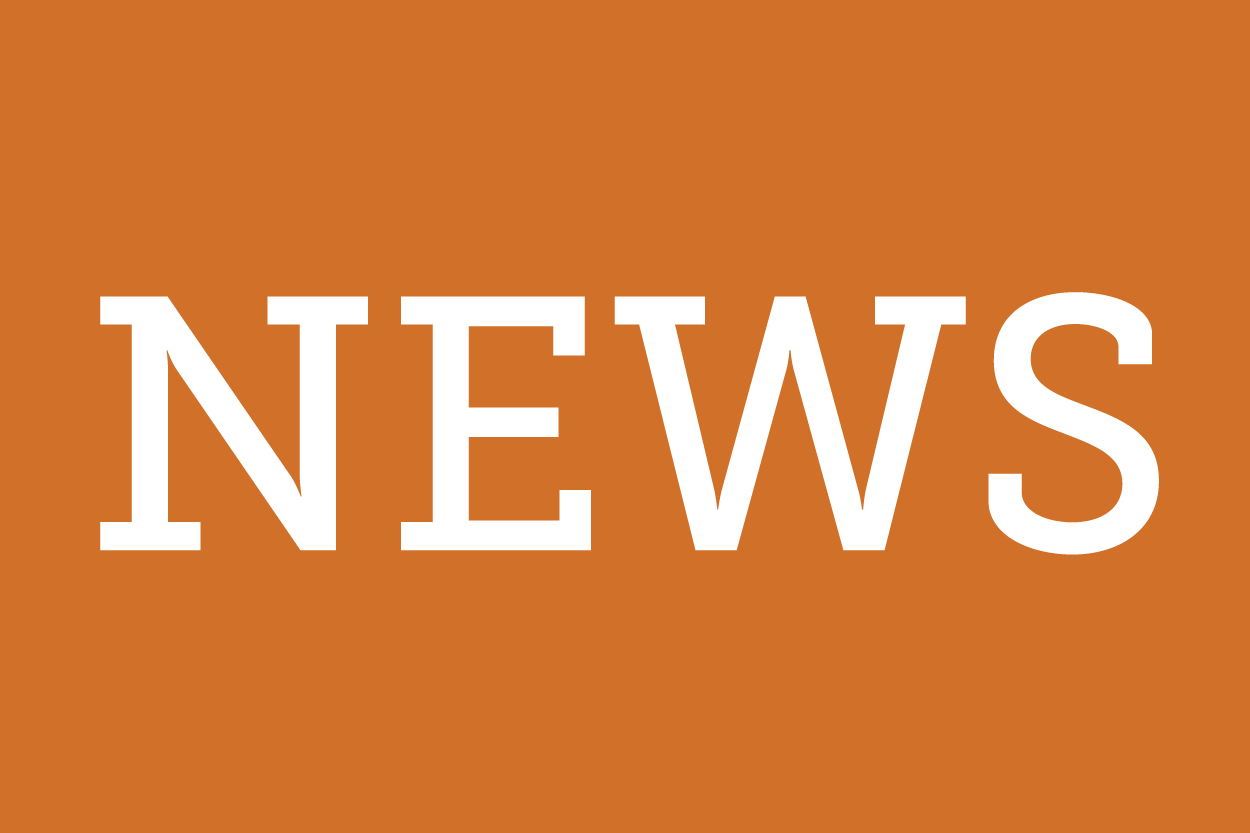Senior Taylor Owen spent the last two years working as a student research assistant in UM’s Center for Autism and Related Disabilities (CARD). Aside from working on large-scale research projects, CARD allowed Owens to interact with families that come to CARD in search of resources.
“My most rewarding experience from working and volunteering at CARD is being able to work with children and their entire families to help make a better quality of life for these individuals on the spectrum,” said Owen, a psychology major. “By working with their parents as well as their siblings, we are hopefully building stronger family relationships for these kids.”
CARD is an organization that helps children with autism spectrum disorders (ASD) and their families, a goal that is highlighted especially in April, which is also Autism Awareness month. ASD is a neurological disorder that affects the way the brain develops and processes information, according to CARD’s website. ASD is considered a “spectrum” disorder because it varies widely in severity and its specific behaviors.
About one in 68 children in America is diagnosed with ASD, according to the Center for Disease Control. The findings were released in March and mark a 30 percent increase in just two years. In 1991, the figure was one in 500 children.
Given the increase in the number of diagnosed cases of ASD, South Florida families lobbied to create a center where they could find support and resources related to autism in 1993, according to Michael Alessandri, executive director of CARD.
CARD’s mission is to optimize the potential of those living with ASD by providing free education, support and assistance to those affected and their families. They have also extended their services to help people affected by related disabilities, such as deaf-blindness and genetic disorders that may coexist with symptoms of autism.
CARD offers four basic services: individual client and family support, programmatic assistance to schools and other agencies, family and professional training, and public education and awareness at no direct cost to participants, according to Alessandri.
“They are all central to our mission and vital, but I guess the one that stands out is the client and family support,” he said. “It is quite something for families to know they have a place to go for information, resources, referrals and emotional support when they need it. But, of course, the other three are also critical to building a better community for people with autism as well.”
CARD has four locations in South Florida that reach out to Miami-Dade, Broward and Monroe counties. The two centers in Coral Gables and Homestead are affiliated with the University of Miami, while the other two in Davie, Fla., and North Miami Beach are part of Nova Southeastern University.
Michelle Costa, CARD’s manager of special events, has enjoyed being a part of the positive programming it provides and understands the center’s impact in the community. This programming includes family surf camps, soccer and tennis clinics, employment boot camps and support groups.
“The most fulfilling part of my job is seeing the opportunities we can provide to our families,” she said. “Hearing from a family that they were able to be part of something so special because of CARD is really priceless.”
Costa encourages interested students to get involved with the center’s work.
“For the month of Autism Awareness, they can wear blue and show their support on our Facebook page,” she said. “Students can also volunteer at CARD events, but must complete volunteer paperwork prior to doing so.”
Alessandri seconds this push for student involvement.
“We are very proud to be at UM and would love the UM community to know about us as much as the rest of world knows us,” he said.
Centee for Autism and Related Disabilities
Where: Flipse Building
For more information, call 1-800-9-AUTISM or visit umcard.org.







